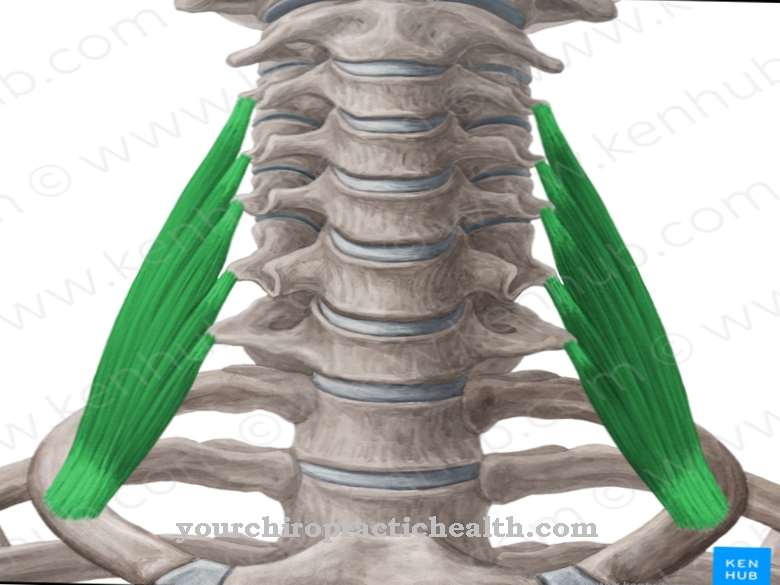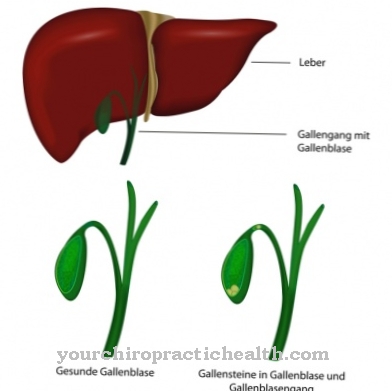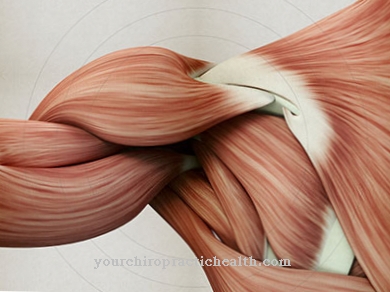Laxatives (laxatives) are highly effective drugs and are mainly used to treat constipation (constipation). Constipation is when it is possible to defecate less than three times a week. Laxatives speed up bowel evacuation by encouraging the bowel to move around.
Laxatives for constipation & other illnesses

laxative However, they are also used for other problems, such as hemorrhoids, ulcers, fissures or fistulas. Laxatives make it easier to empty your bowels and prevent you from having to push too hard during bowel movements. Excessive pressure when defecating often leads to very severe pain in these symptoms. In addition, pressing too hard can make hemorrhoids worse, fissures can tear further, and fistulas or ulcers can become infected.
However, laxatives are often taken because they are supposed to help you lose weight by allegedly reducing calorie intake. Those affected assume that laxatives speed up digestion so that the body cannot absorb all the calories from food. However, this is a common misconception. Laxatives speed up digestion, but most preparations only work in the colon. There, however, mainly only water is removed from the pulp. Most of the nutrients are already absorbed in the small intestine. Because of this, laxatives cannot help you lose weight.
Herbal, Natural & Chemical Laxatives
laxative are differentiated based on their mode of action. The different acting laxatives have more or less major side effects depending on the active ingredient. The most popular types of laxatives are presented below:
So-called bulking and swelling agents (e.g. flaxseed, flea seeds, bran or cellulose derivatives) are natural and herbal laxatives. They swell up in the intestine and, through this binding of fluids, cause the intestinal contents to increase in volume. This stretches the intestinal wall and stimulates the intestine's own movement. When taking such laxatives, make sure you drink enough fluids to avoid gelatinizing your intestines. It is advantageous that these laxatives work locally in the intestine and do not get into the bloodstream. With adequate hydration, these laxatives show no side effects.
Osmotic laxatives (e.g. Glauber's salt or Epsom salt) hold back the water from the chyme in the intestine. This liquefies the intestinal contents and stimulates bowel activity. With this laxative, too, an adequate increase in fluid is essential.
This type of purging is often done before surgery to achieve total bowel evacuation. However, the dissipation through mineral salts has the major disadvantage that the body suffers vitamin and mineral losses. In addition, the effect of other drugs is weakened.
Lubricants are also suitable as laxatives. Lubricants (e.g. glycerine or paraffin oil) make the intestinal contents lubricious. They should only be used for a short time as they can cause irritation of the intestinal mucosa, among other things.
Castor oil is often recommended as a laxative. It does not have a laxative effect, but is broken down into ricinoleic acid and glycerine in the small intestine by enzymes. Ricinoleic acid promotes bowel movement and glycerin reduces friction between the stool and the intestinal wall. Castor oil should not be consumed during pregnancy.
You can find your medication here
➔ Medicines for constipation and intestinal problemsRisks & side effects
laxative are not harmless if taken improperly and must never be used indiscriminately. In addition, laxatives should only be used if other measures (e.g. changing diet) are unsuccessful.
All of the above laxatives should be taken for a maximum of 2 weeks, as the body often gets used to them after a short time. In addition, long-term use often leads to intestinal polyps (mucosal growths) or even cancer and tumor formation.
Furthermore, there is a risk of electrolyte loss (mostly potassium) if the laxatives are taken improperly. This leads to functional disorders of various organs, such as the heart, lungs or muscles. In the worst case, this disorder can lead to life-threatening cardiac arrhythmias.
In principle, a doctor should be consulted before taking any laxative. Often the symptoms can be remedied without laxatives by drinking enough fluids and exercising.
Home remedies & herbs for constipation
- Buckthorn bark is effective against liver and gall bladder problems and helps against constipation.
























.jpg)



